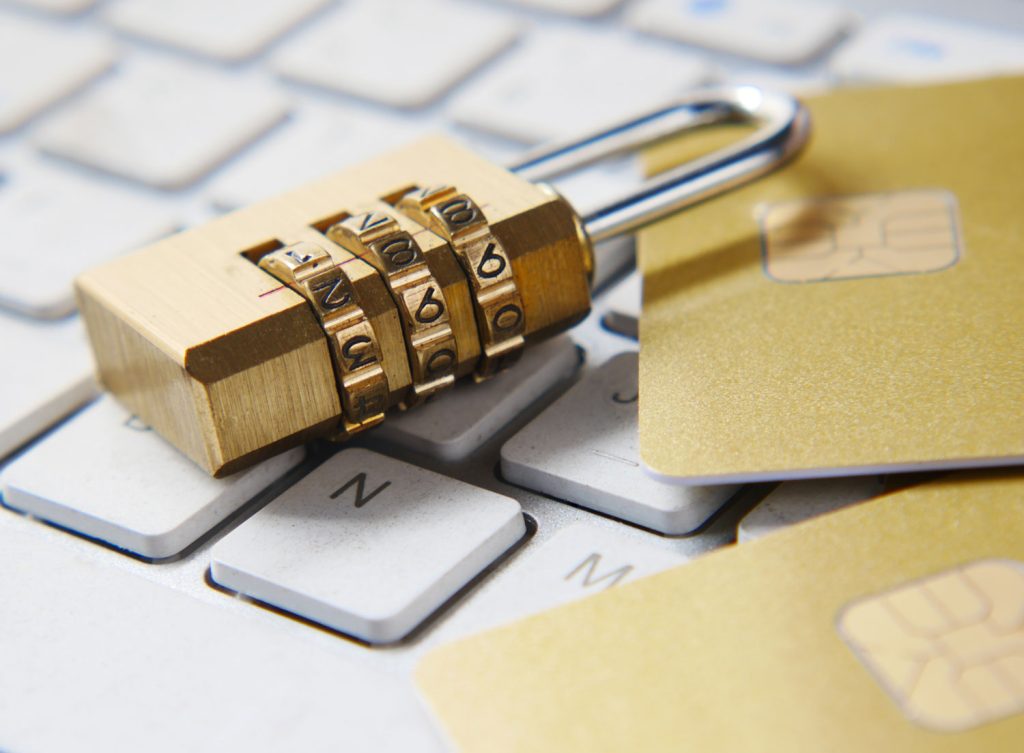
If it seems like scams are everywhere at the moment, that’s because they really are. Wherever you can receive messages, you’re at risk of contact from scammers, including Felt. And the best defence against them? Knowing how to spot them.
Getting scammed can happen to anyone, and it is no small thing. It can happen quickly and have devastating consequences. It’s easy to think it wouldn’t happen to you, but this way of thinking makes us more vulnerable. To protect ourselves against scam attempts, we have to be aware that it can happen to us, and know what to look out for.
We want you to be safe and feel comfortable about selling online, and part of that is arming yourself with knowledge. This is something we all need to take seriously, and by educating ourselves as individuals, we help make our community stronger and safer for everyone.
How to ‘be vigilant’
Being vigilant. You hear this advice all the time when it comes to being safe online, but how do you actually do it?
- Be self-aware
Don’t think that it couldn’t happen to you – it really can happen to anyone. - Take your time
Make this a habit. There’s no rush. Think it through, and look carefully and critically at what someone is saying or asking you to do. - Look for red flags
Think about how someone might manipulate you – for example, they may create a sense of urgency or confusion to rush you into something without thinking. - Listen to your gut
If it seems a bit odd, trust your instinct – don’t brush that thought aside. - Check on Felt
Don’t rely solely on email notifications for a message or sale from Felt. Set up https://felt.co.nz as a bookmark in your browser and always use that to log in to your Felt account to reply to messages or check sale details. - Ask Felt Support
If you’re not sure, check in with Felt Support – the more we know, the more we can help, so getting in touch is always good.
What to do if you suspect something is a scam
- Nothing
Don’t respond, don’t click links, and don’t share details. If you think it’s a scam, you’re probably right – don’t engage. - Phone a friend
Get a second opinion: talk to someone else, don’t deal with it alone. Don’t be embarrassed to ask – it’s the smart thing to do. - Report it to Felt
If you think it’s a scam, reporting it means we can investigate and take action if needed, which helps to protect other members of the Felt community.
How to respond if you’re still not sure
Scams can look genuine – which means legitimate messages can also look unintentionally dodgy sometimes. It’s okay to reply if you think it might be genuine, but exercise caution and observe these guidelines:
- Don’t share contact details or personal information, don’t follow links, and never enter login details to a site you’ve been directed to by someone you don’t know.
- Keep your Felt communications on Felt – if you engage with someone outside of Felt, we can no longer assist if something goes wrong.
- If you feel uncomfortable, confused, or suspicious at any point, stop responding and ask for help.
TIP Felt’s Terms of Use prohibit sharing contact details via our messaging system. Primarily that means email addresses and links. This is one way we protect and support you and the wider Felt community. As soon as you engage with someone off-site, we can no longer help you if something goes wrong, and it’s harder for us to protect Felt as a whole.
What to do if you’ve been scammed
If you’ve been scammed, or think your online security may have been compromised, time is of the essence – this is when you should act fast.
- Contact your bank immediately
- Contact the police on 105
- Report the incident to Netsafe
- Report the incident to Felt
Resources
Department of Internal Affairs
- About Scams and Phishing
How to identify a scam, how to identify a phishing attempt - How to Report Scams
What are scams, where to report scams, support for victims of online scams
Netsafe
- Email Phishing Scams
How phishing works, what to do if you’ve received a phishing email - Common Online Scams
Online scams that you should be aware of - Reporting an Incident
NZ Police
- 105 Police Non-Emergency
Online reporting options » Online scam, fraud, or other online crime
Scam attempts happen – unfortunately they are everywhere, and they can happen to anyone, at any time – but it is possible to arm yourself with skills and knowledge to protect yourself. While it’s sad to have this happen to our community, know that we’re here to help if you have questions, and that you can help keep each other safe by reporting suspicious messages or behaviour.






Thanks, Felt folk. I’ve received a couple of bizarre messages on Felt and have ignored them; in future I’ll report them to you. Thank you for the advice and reminders.